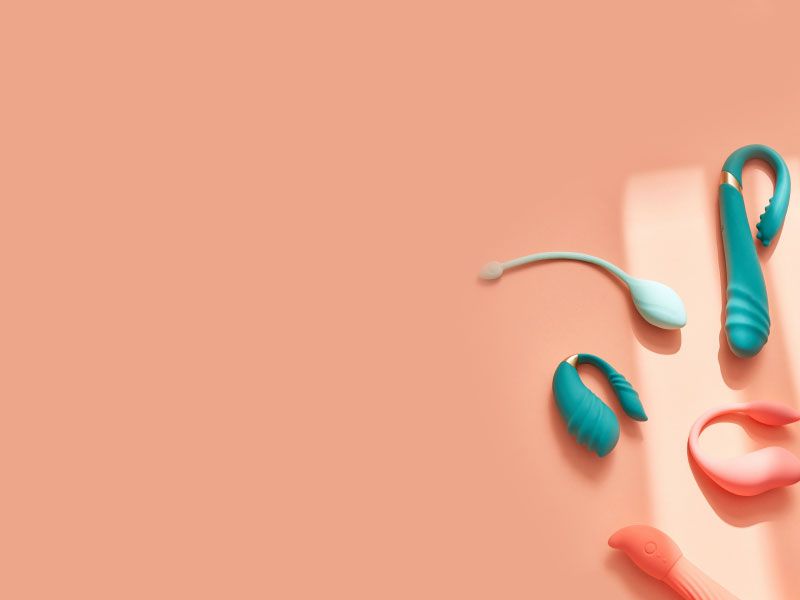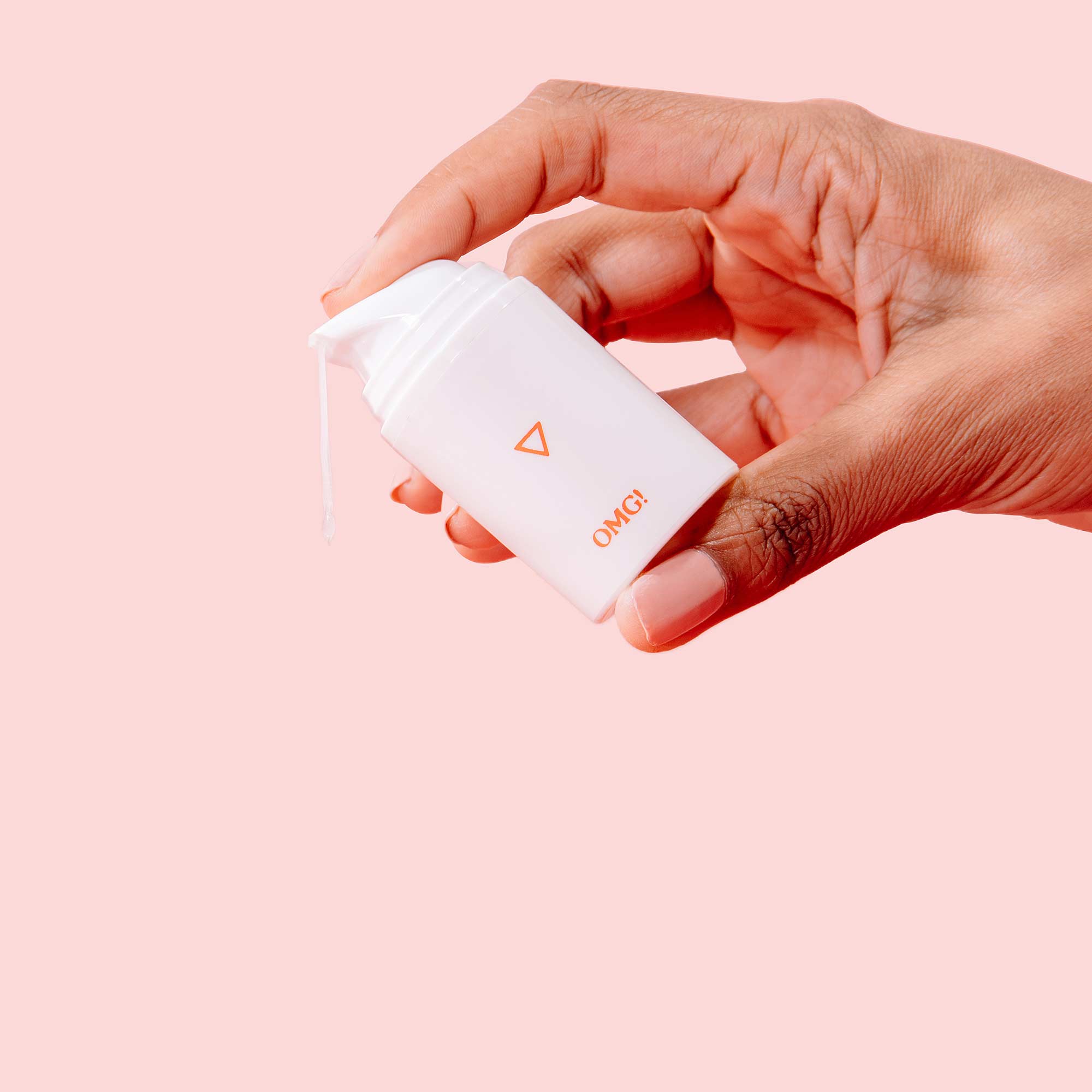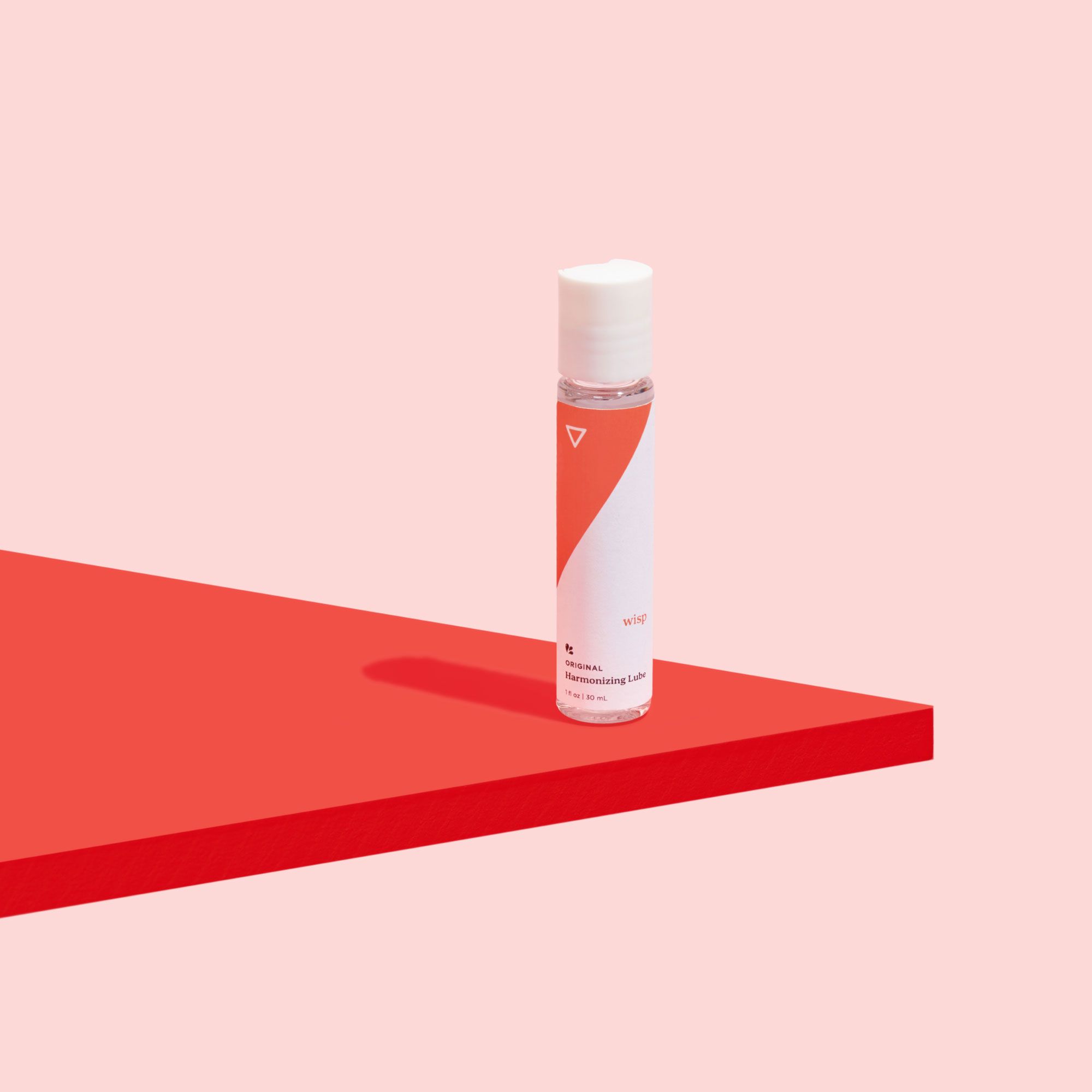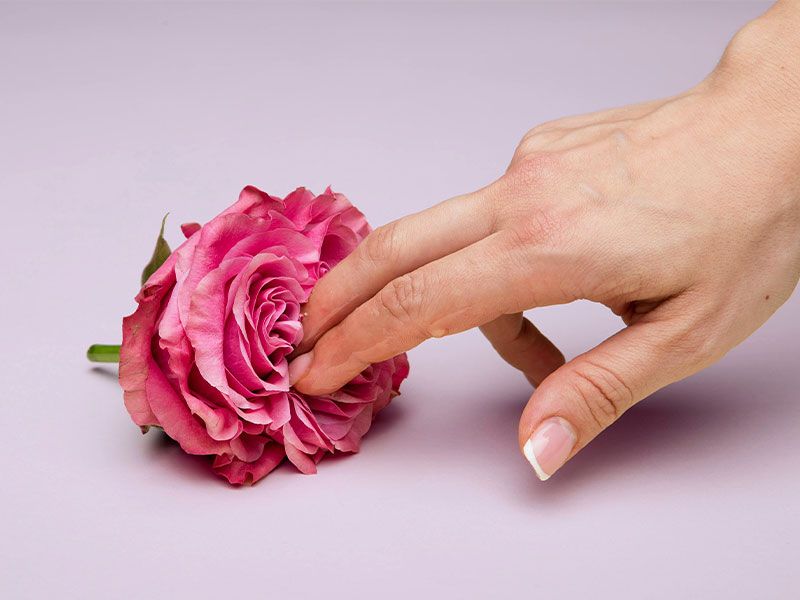
How Having Better Sex
Can Improve Your Mental Health
By Kathleen Morrison
May 1, 2022
The past 3 years have been stressful for everyone—conversations about how to take care of your mental health while preventing burnout, anxiety, stress, and depression have been at the forefront of our minds. With May being Mental Health Awareness Month, we wanted to switch things up a little and talk about a different aspect of mental health: sexual health. While we often put these two areas of health into different categories, they actually influence each other quite a bit. We turned to 4 mental health experts to learn more about the connection between our minds and our sex lives and picked up a few tips about anxiety, STI stigma, and masturbation along the way!
How does mental health affect sexual health (and vice versa)?
Everyone from doctors, to wellness coaches, to physical trainers often talk about the “mind-body connection”—the idea that your mind and your body are linked and when one suffers, so does the other. So it makes sense that if your mental health is struggling, your sexual health may not be at its best either, right? Psychotherapist Rachel Wright takes it a step further, explaining, “When folks talk about the mind-body connection, I get a bit frustrated because while I know what they're trying to say, the brain is INSIDE the body, meaning it's not the "connection.” The brain is literally controlling our bodies: our breathing, how we perceive pain, our nervous system regulation—you name it, it's coming from the brain. So, when our brain is affected by disease (mental illness), our bodies are affected in turn.”
It works the other way too—your body affects your brain (after all, your brain is your body—part of it anyway). Intimacy coach and psychotherapist Holly runs the Hormone Hub with Rachel, a BACP Registered Counsellor specialising in relationships, communication and embodiment. They note, “We have found in our work that actually addressing sex and working inwards out can have profound impacts on happiness and general fulfilment. When we are anxious or stressed we are far more likely to go into our heads during intimacy and not be present in the experience!” Improving your sex life may not cure your depression, but it seems like a fun place to start.
What advice would you give someone who's dealing with STI stigma, especially for a chronic diagnosis like herpes?
Wisp uses our platform to de-stigmatize, normalize, and talk about STIs and vaginal infections, but sometimes it can feel like the rest of the world is taking forever to catch up. Dealing with people who just don’t get it can cause a lot of stress and anxiety, but there are ways to reframe our thinking and feel better. Registered nurse and sex therapist Nurse Chioma prescribes a healthy dose of optimism, noting, “It’s normal for one to be sick or suffer from one ailment or another, and just as people suffer from conventional ailments such as diabetes and eye defects without stigma knowing it’s not entirely their making, they should have the same mindset as well so as to help them overcome the stress or shameful feeling. When we reframe our thoughts, we can look at situations more positively.”
Masturbation can be a great tool for relaxation and stress-relief, but it often isn't a normalized for women—where should someone start if they feel apprehensive about masturbating for the first time?
Masturbation is the only kind of sex that’s completely safe from pregnancy or STIs—it should be a time where we can relax, unwind, and get in touch with ourselves (literally). Unfortunately, American society often promotes messaging that masturbation is dirty, sinful, embarrassing, or even harmful to your health. Holly and Rachel couldn’t disagree more with this kind of messaging. “We truly believe that self pleasure is a must in any woman’s life, as this goes such a long way in not only accepting the body, but also in loving the body and knowing yourself on a deeper level,” they say. “We are all so wonderfully unique and getting to know yourself on an intimate level will do wonders.”
So where should you start if you’re not quite sure how to give yourself a helping hand? Holly and Rachel suggest, “[Beginners] should start small and work their way up. There is a distinct difference between masturbation and self-pleasure in that masturbation is usually fast paced and focused on a goal (orgasm). Self pleasure starts with the body and isn't limited to the genitals. Start out with simple touch—this doesn't even have to be genital based. Just touching the body in a loving way and figuring out from there what feels pleasurable and what doesn't.”
So sit back, relax, turn on your favorite chill music and explore a bit! You might be surprised by what you learn 😉 Want to dive deeper into mental health and sexuality? Follow Rachel Wright, Holly and Rachel, and Nurse Chioma on IG @thewright_rachel, @the.mindful.mum, and @nursechioma.
Hungry for more knowledge? Follow us on IG @hellowisp for more on sexual health, pleasure, and a healthy dose of fun.
Shop Sexual Health Essentials

OMG! Cream for Female Arousal
Starting at $11
A topical cream that helps increase blood flow to the clitoris using Sildenafil (generic Viagra).

Original Harmonizing Lube
Starting at $10
Silicone-based to reduce friction and make sex easier, more pleasurable, and more fun.

Delay Your Period (Norethindrone Acetate Tablets)
Starting at $39
Delay Your Period for up to 20 days for special events, competitions, or vacations. Not a form of birth control.


